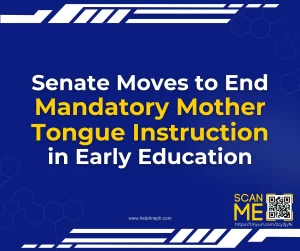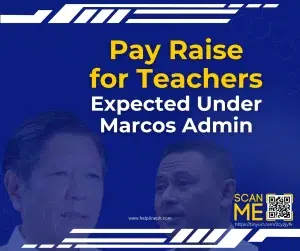The Wrongking System: When Who You Know Matters More Than What You Know
In today’s world, we often hear about the importance of values like integrity, dignity, and truth. These values are taught in schools, emphasized in government agencies, and preached by various organizations. But have you ever wondered if these values are truly practiced when it comes to something as simple as ranking people? Let’s talk about the “Wrongking System.”
The Wrongking System is a term used to describe a situation where who you know matters more than what you know. In other words, it suggests that connections and personal relationships can sometimes be more important than a person’s qualifications or abilities.
Imagine this: You have worked hard in school, earned good grades, and have the knowledge and skills needed for a job or a position. However, when the time comes for promotions or opportunities, someone else gets ahead of you simply because they know the right people. This can be frustrating and unfair.
The Wrongking System can be seen in schools, workplaces, and various organizations. It often happens when decisions about promotions, admissions, or other opportunities are influenced by personal connections rather than merit.
For example, if a person has a close relationship with someone in authority, they might be favored over someone else who is more qualified but lacks the same personal connection. This can lead to a sense of injustice and can discourage individuals from striving for excellence in their fields.
The problem with the Wrongking System is that it undermines the values of integrity, dignity, and truth that we are taught to uphold. When decisions are made based on personal relationships rather than qualifications and merit, it erodes trust in the system and can lead to feelings of disillusionment.
So, what can be done to address the Wrongking System? First, it’s important for organizations and institutions to have transparent and fair processes for promotions, admissions, and other opportunities. Decision-makers should be trained to focus on qualifications and skills rather than personal connections.
Secondly, individuals should continue to work hard, acquire knowledge, and build their skills, regardless of the obstacles they may face. While the Wrongking System may exist, it’s important to remember that perseverance and dedication can still lead to success.
In conclusion, the Wrongking System reminds us that while values like integrity, dignity, and truth are important, they may not always be fully practiced in the real world. However, by promoting fairness, transparency, and a commitment to merit-based decisions, we can work towards a more just and equitable society where what you know is valued just as much, if not more than, who you know. – Avril | Helpline PH





